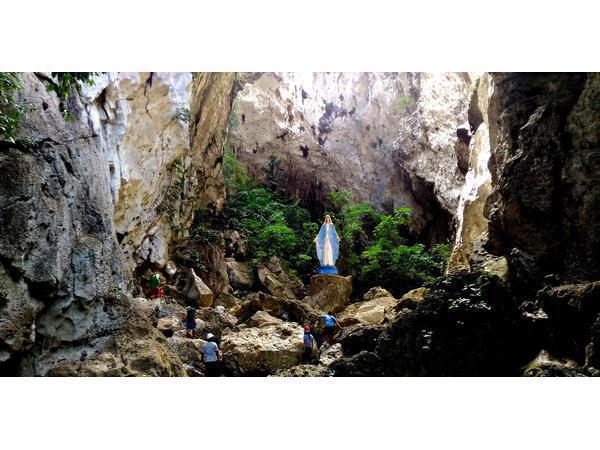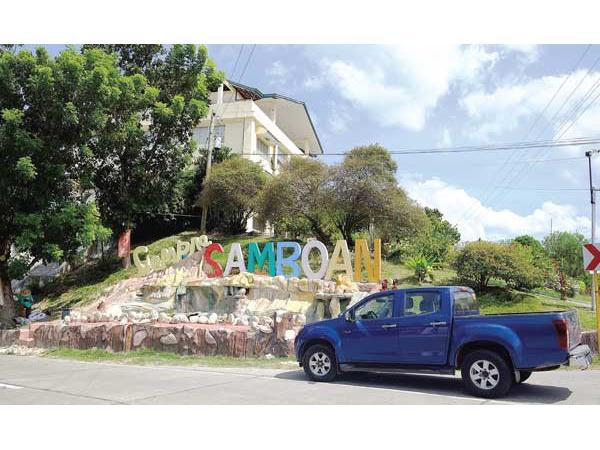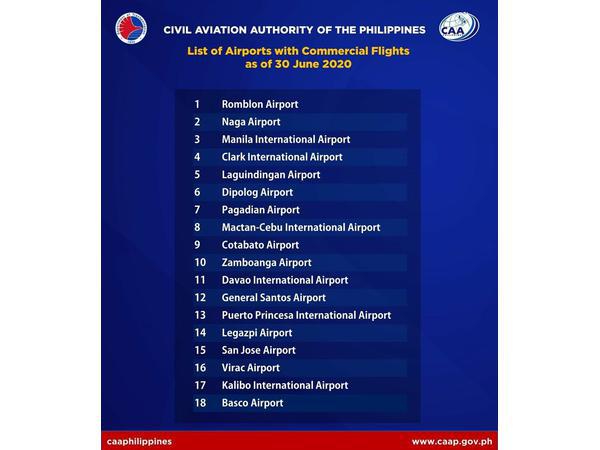Community Quarantine Classifications in the Philippines: Know the Facts About COVID-19 – Part II
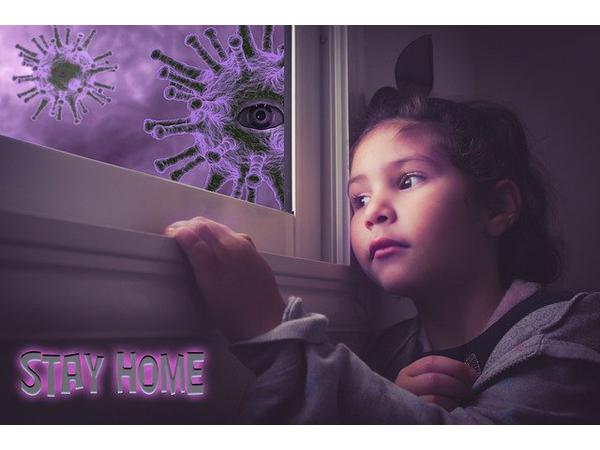
According to the World Health Organization (WHO), Coronavirus disease (COVID-19) is an infectious disease caused by a newly discovered coronavirus. It can cause mild illness or it can be fatal.
In the Philippines, the first Coronavirus case was confirmed in Metro Manila on January 30, 2020; while the second case was confirmed on February 2, 2020.
The first local transmission was announced on March 7, 2020. For the first month, the government struggled to identify the actual numbers of total cases since COVID testing kits are imported from other countries. The first Covid-19 kits were made at the University of the Philippines - National Institute of Health and has over 97 subnational laboratories in the country today.
As the Philippines battle against the pandemic, the government of the Philippines implemented community quarantine that was first mandated on March 14, 2020, followed by the issuance of quarantine passes in each municipality, town or city.
What are the Community Quarantine Classifications?
ECQ (Enhanced Community Quarantine)
- All residents are ordered to stay at home and mass gatherings are not allowed.
- Residents are restricted to travel to other cities or barangays.
- One person per household is allowed to buy foods, essentials, and medicines.
- There will be no public transport, no domestic flights and only limited international flights.
- Suspension of work and alternative working arrangements
- The heightened presence of uniformed personnel to enforce community quarantine protocols.
GCQ (General Community Quarantine)

- Age 21-60 years old are asked to stay at home
- Public transport is allowed in a reduced capacity.
- Selected stores and shopping malls are allowed to operate.
- Reopening of selected establishments into 50-100%
- There will be the presence of uniformed personnel to enforce community quarantine in borders.
Other Containment Measures
Aside from ECQ and GCQ, there are other measures imposed such as:
Extensive Enhanced Community Quarantine or Extreme Enhanced Quarantine
This is stricter than ECQ. Curfew hours will be implemented and residents must stay at home.
Total Lockdown
This prohibits people from leaving their residents and the closure of all public establishments is strictly implemented.
The New Normal
This is a level under Modified General Community Quarantine (MCCQ). In this transition, residents are allowed to do their usual affairs and adapt healthy measures.
As of publication date, Cebu City, Lapu-Lapu, Mandaue, Talisay, Minglanilla and Consolacion are under General Community Quarantine (GCQ) until August 15, 2020. Meanwhile, other provinces are now on Modified General Community Quarantine (MGCQ).
Sources: commons.wikipedia.org; www.who.int
Know the Facts about COVID-19 - Part 1
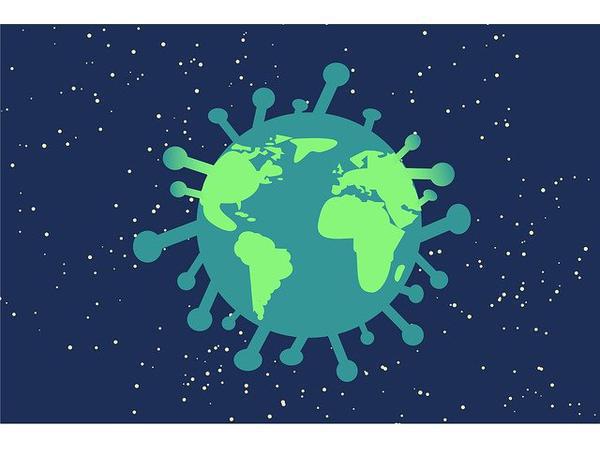
Continue reading...
How Pandemics Spread by TedEd
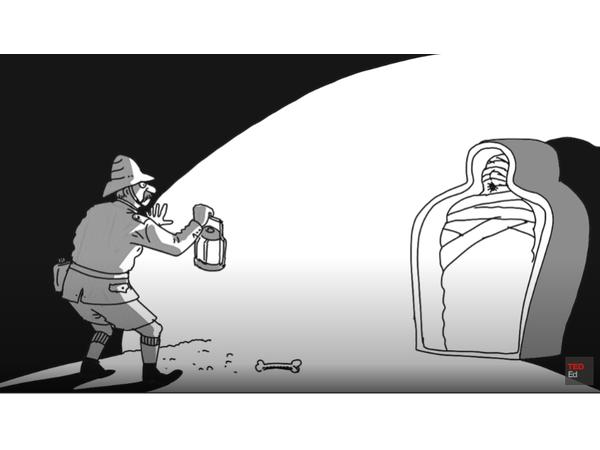
Continue reading...
When is a Pandemic Over? by TedEd
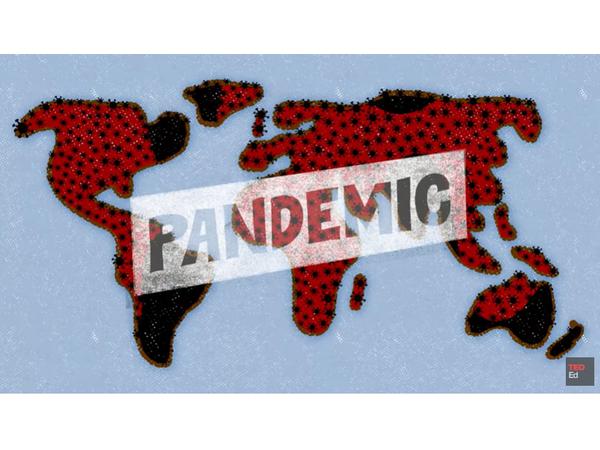
Continue reading...
Five things to know about COVID-19 transmission (WHO)

Continue reading...
Spanish Flu: A Warning from History (Cambridge University)
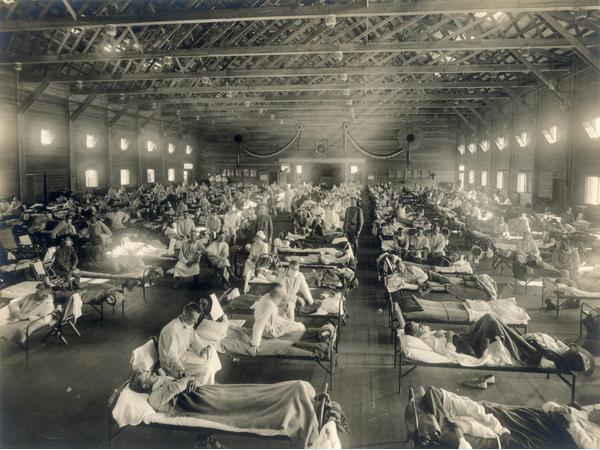
Continue reading...


